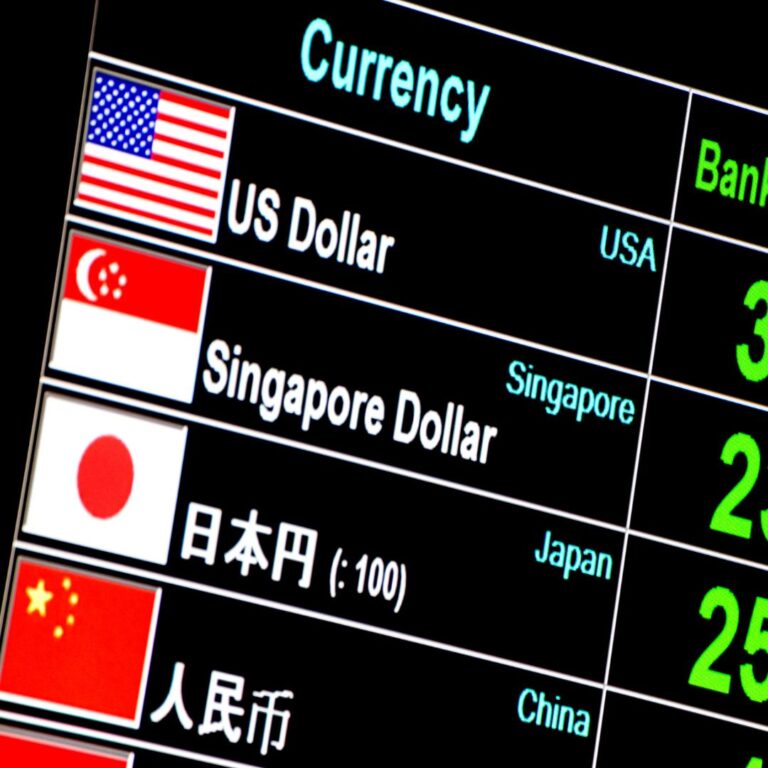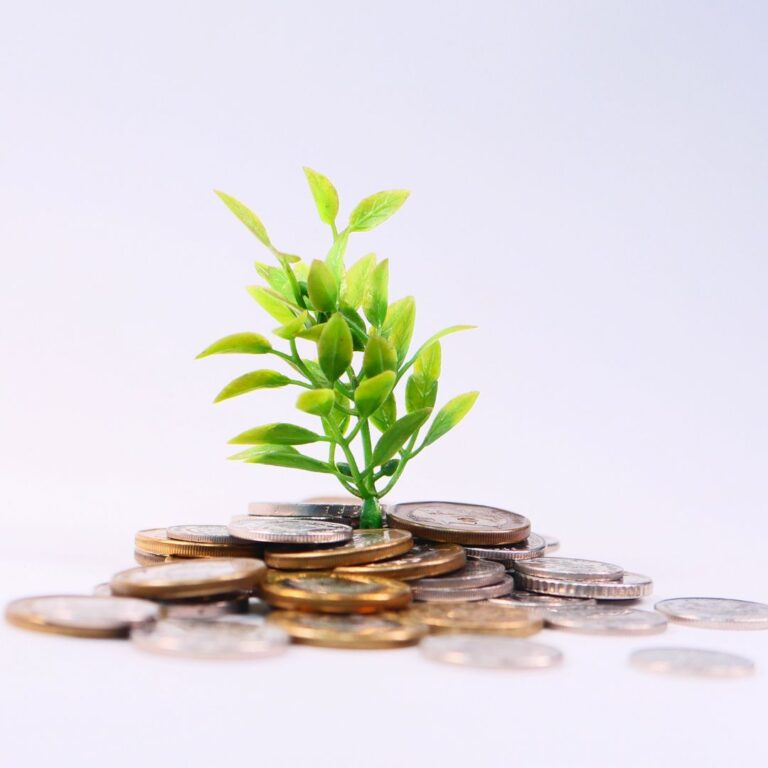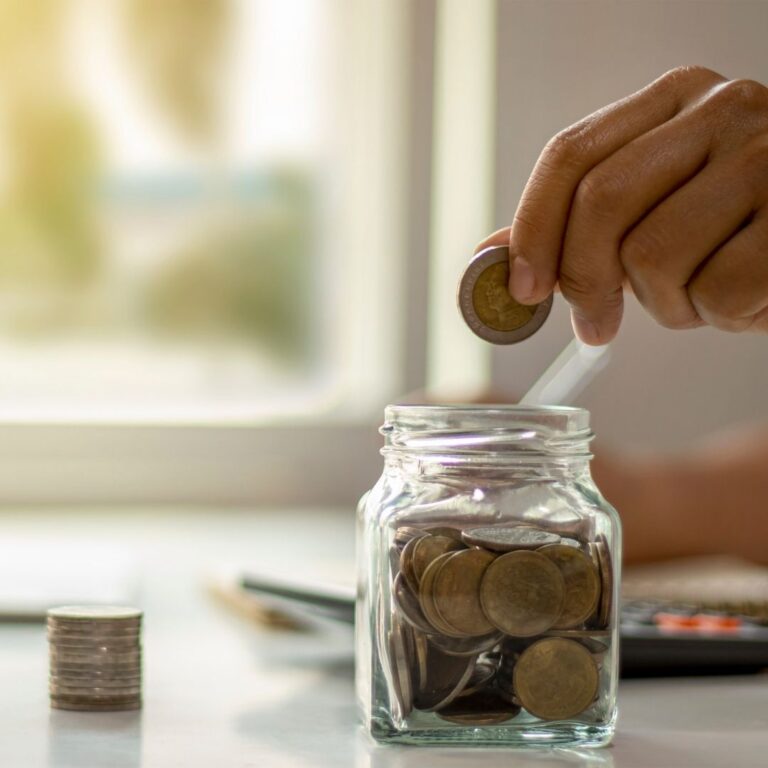#9 Transacting Gold & Silver Part III & Some Prohibited Kinds of Transactions Part I: Selling the Offspring of Expected Offspring, Either-or Sales
Introduction
In this notes article, we continue with part III of transacting gold and silver from the previous article – ‘Umdatus Salik #8: Transacting Gold & Silver Part II’. Here, we explore the rules that govern the exchange of items in trade, such as dates and dirhams, highlighting equivalence and transparency in transactions. Apart from that, this article covers ‘Some Prohibited Kinds of Transactions Part I’, where examples of invalid deals are explored, such as selling uncertain future goods or using unclear terms. These notes highlight how Islamic principles can guide ethical and just trading practices, building trust and fairness in business deals.
| Ustaz Anwar Notes | English Translation | Arabic Text |
| Half a bushel → مدُّ
Are we able to exchange two dirhams with one dirham and half a bushel of Ajwa dates? No. Ajwa dates → type of date that was planted by the Prophet s.a.w |
It is not permissible to exchange (N: for example) a measure of dates plus one dirham for two dirhams, or two measures of dates, | ولا يجوزُ مدُّ عجوةٍ ودرهمٌ بدرهمينِ، أوْ بمدَّينِ، |
| Even half a bushel and one dirham exchanged with half a bushel and a dirham. | or for a measure of dates and a dirham. | ولا مدٌّ ودرهمٌ بمدٍّ ودرهم، |
| Half a bushel and a shirt are exchanged for two halves of a bushel (which is one whole bushel). | Nor is it permissible to exchange a measure of dates and a garment for two measures, | ولا مدٌّ وثوبٌ بمدَّينِ، |
| One dirham and one shirt, in exchange for two dirhams. | nor a dirham and a garment for two dirhams. | ولا درهمٌ وثوبٌ بدرهمينِ، |
| For example, it is invalid to exchange goat’s meat with one live goat. If the goat weighs 25kg, and the meat is also 25kg, you cannot exchange it although they are of the same weight. Why? There is a hadith by the Prophet s.a.w narrated by Sa’id ibn al-Musayyib that the Prophet forbade the sale of meat in exchange for living animals.
وَعَنْ سَعِيدِ بْنِ الْمُسَيَّبِ مُرْسَلًا: أَنَّ رَسُولَ اللَّهِ صَلَّى اللَّهُ عَلَيْهِ وَسَلَّمَ نهى عَن بَيْعِ اللَّحْمِ بِالْحَيَوَانِ But it is valid to exchange three goats for one live goat. In the Hanafi and Hanbali schools of thought, every food item that is measured cannot be exchanged for, unless they are of exact equivalence. |
It is invalid to transact meat for a live animal (0: even when the two are not of the same kind of animal). | ولا يصحُّ بيعُ اللحمِ بالحيوانِ. |
| It is unknown whether the she-camel will give birth, and unknown whether its child will also give birth. The transaction is invalid because the article does not exist, or has not come into existence yet. | It is invalid to sell the offspring of (A: expected) offspring, such as saying, “When my shecamel gives birth, and her offspring in turn gives birth to a camel, I hereby sell you that camel” (0: i.e. the offspring of the offspring. The reason for invalidity is that it is a transaction of an article that is not owned, known, or deliverable). | لا يصحُّ بيعُ نَتاجِ النَتاجِ، كقولهِ: إذا وَلَدَت ناقتي وولَد ولدُها فقدْ بعتُكَ الولدُ، |
| This does not mean that we cannot conduct sale transactions and delay the payment, but Ustaz is just differentiating that the item has to be in existence even if you want to delay the payment. | Nor is it valid to sell something for a price whose payment is deferred to a time similar to the above (0: that is, till the time the offspring of an offspring is born because the date of payment is not known), | ولا أنْ يبيعَ شيئاً ويؤجِّلَ الثمنَ بذلكَ، |
| (i) A form of sale prevalent in the days of the Prophet in which the buyer or the seller used to touch a piece of cloth and this very act of touching finalised the deal.
(ii) A contract of sale prevalent in the days of the Prophet in which the seller or the buyer would throw a piece of cloth towards the other and this very act of throwing finalised the deal. (iii) A type of business transaction in pre-Islamic Arabia where the contract was concluded by the buyer throwing pebbles towards the merchandise, the one hit by the pebble becoming the object sold. [Source: https://islamicmarkets.com/dictionary/] |
No translation
Self-translated And neither the sale of ‘mulamasah’ (touching), ‘munabadhah’ (throwing), and ‘hasah’ (pebbles) |
ولا بيعُ المُلامَسةِ، والمنابذةِ، والحصاةِ، |
| This transaction is invalid as the payment method is unclear. They have to specify whether the buyer has to pay in full in cash or through installments.
However, if there is another agreement that differentiates between the two payment options, then the transaction is valid. For example, when the buyer says: “Sorry, I have no cash now, can I pay through installment?” A current example that we can apply in our daily lives is when purchasing a home. Let’s say it costs $300,000, but you have no cash. The bank will buy it for you first and sell it to you for $400,000 through installment payments of 10 years. The extra amount is not considered riba, but profit for the bank. Unfortunately, this form of financing is not available in Singapore. |
It is invalid to make a transaction whose terms include two different possible deals (A: without specifying which has been agreed upon) such as saying, “I sell you this for either one thousand in case or two thousand in deferred payment” (0: which is invalid because the price is not known), | ولا بيعتينِ في بيعةٍ كقولكَ: بعتُكَ هذا بألفٍ نقداً، أوْ بألفينِ مؤجلاً، |
Conclusion
In conclusion, this article illustrates the careful guidelines the Shariah law sets to ensure fairness, clarity, and ethical standards of trade in Islamic finance. By avoiding transactions that involve prohibited elements in Shariah, including uncertainty, inequality, or ambiguity, these principles ensure the rights of all the parties involved are met. Whether dealing with commodities like dates or seeking guidance for complex agreements in a transaction, the Shariah rulings emphasize the importance of trust and fairness in every transaction, which reflects its core values.
Written by Maryam Binte Aziz for notes on Umdatus Salik ‘Episode 188 – Transacting Gold & Silver Part III + Some Prohibited Kinds of Transactions Part I: Selling the Offspring of Expected Offspring, Either-or Sales’
Edited by Nafisah Yusra Binti Abdul Rahim.
Umdatus Salik #7 – Usurious Gain (Riba): Transacting Gold and Silver Part I
Umdatus Salik #6 – Usurious Gain (Riba): Usurious Gain in Sales of Foodstuffs, Gold and Silver








